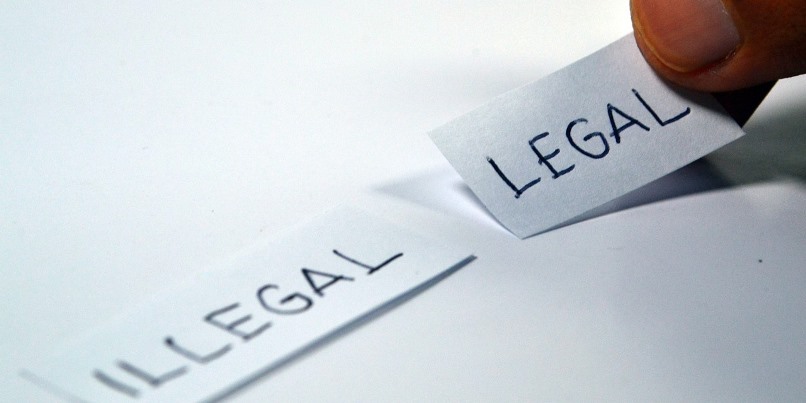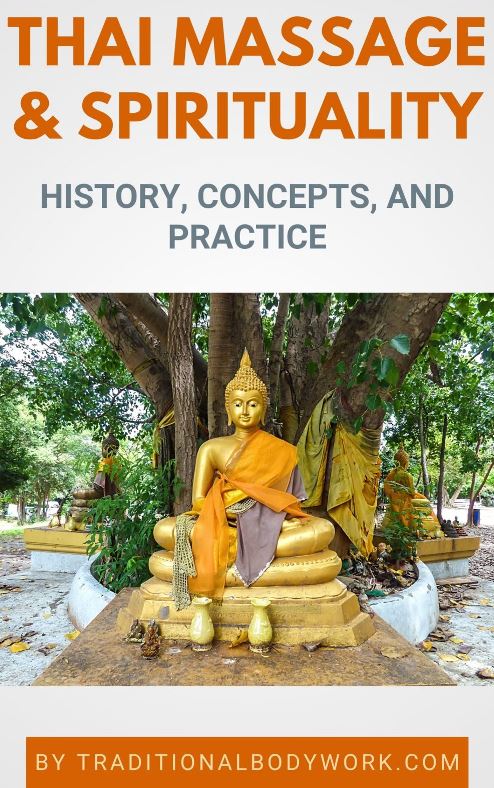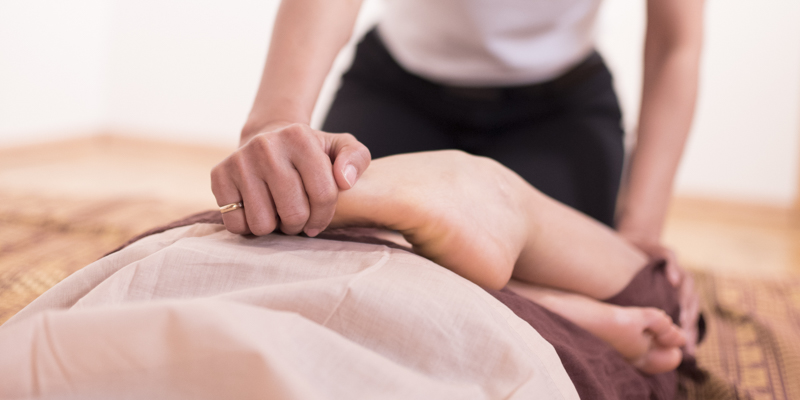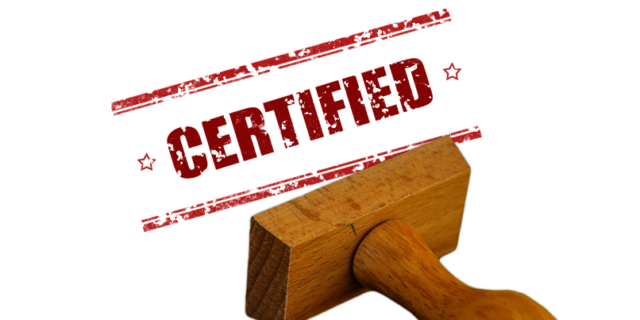
It seems perhaps easy and straightforward: you are a Thai Massage therapist with some years of experience, you take a Thai Massage teacher training course (or perhaps not), and you start teaching Thai Massage. Why not?
Well, it depends very much on the country (or state) you live in, if you are allowed to do so. In some countries, nobody cares, but in others you will get yourself in big problems.

An example: when I wanted to teach Thai Massage in France (in 2012), I was not allowed to register as a “massage teacher.” The word “massage” in France is protected and is only to be used by professional, certified physiotherapists. Today, by the way, you can call yourself a “masseur for well-being” or “masseur for relaxation,” but adding “therapeutic” still remains somewhat in the danger zone.
In fact, I ended up registering as a Yoga Teacher (as in Thai Yoga Massage), which at the time was without any requirements. Thus, I could mention and advertise that I was offering Thai Yoga Courses and Workshops.
In other countries, such as in the USA (although not in all states), you may first need to be an accredited i.e. officially licensed massage therapist, before you can even think about teaching “Massage” or “Thai Massage.” Nevertheless, in some states you will get away nicely with saying that you teach “Thai Bodywork” or if you can prove that you have a certain number of years massage practitioner experience. It all depends.
Another example: in Spain, for instance, I could not register as a Yoga Teacher or Massage Therapist (these titles were protected), but there was absolutely no problem teaching “Thai Massage” or “Nuad Thai.”

So, as you see, apart from being qualified to teach Thai Massage in some way (which may be regulated or not), there are two other important aspects to take into account: how do you name (label) your Thai Massage courses and how (in what form) do you register your business, massage school, or massage institute.
In most cases, you will always find a solution if you dive deep enough in the applicable regulation of a specific country or state/province with regard to massage and bodywork treatments and training.
What I think is of additional importance is to get yourself a liability insurance, just in case something goes wrong during a training session. This may not always be easy, because some insurance companies would want you to have a “certified and accredited” teacher or massage training before they would want to give you an insurance policy.
Nevertheless, my experience taught me that you will find suitable insurance options in most countries. There are always insurance companies that specialize in insuring the massage and spa treatment and training business and know their way around.

















